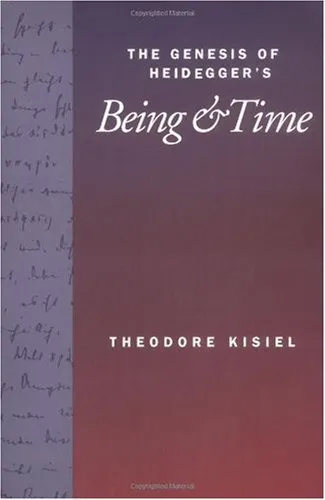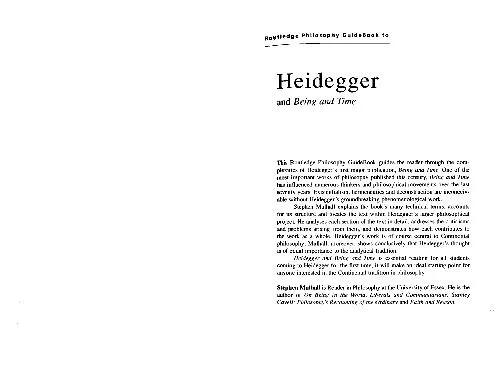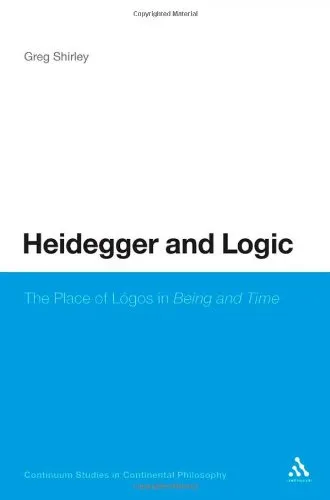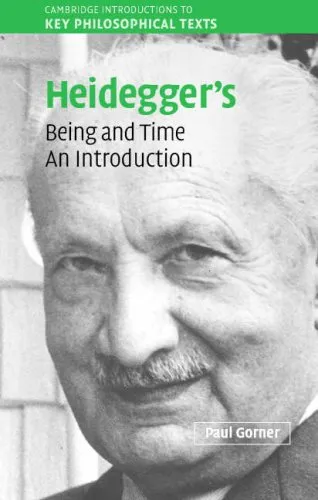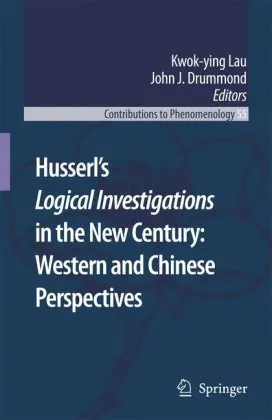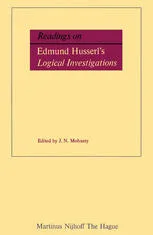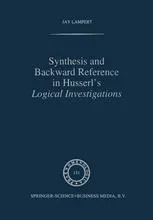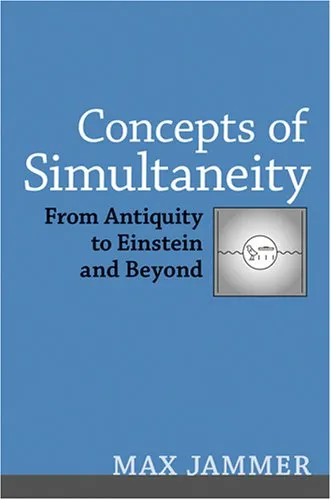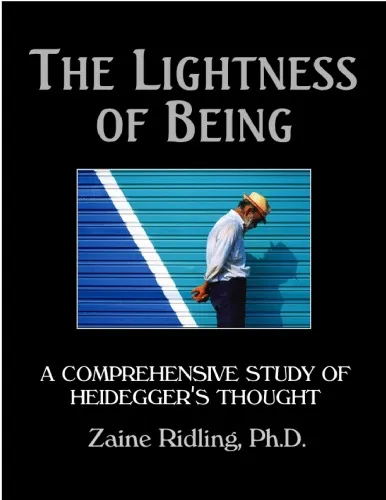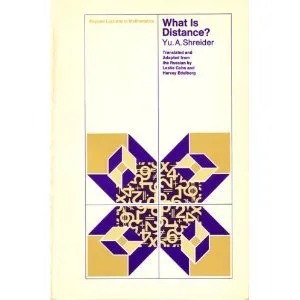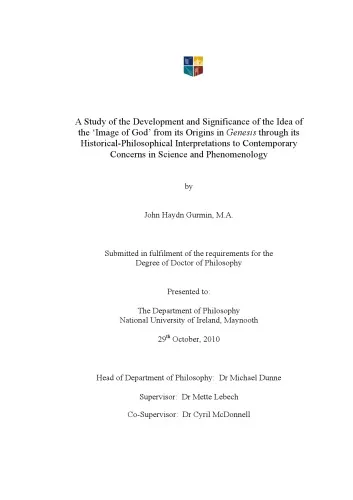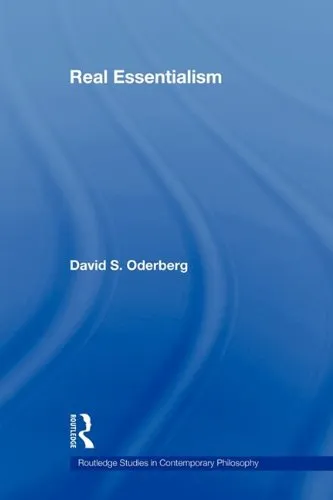The Genesis of Heidegger's Being and Time
4.5
Reviews from our users

You Can Ask your questions from this book's AI after Login
Each download or ask from book AI costs 2 points. To earn more free points, please visit the Points Guide Page and complete some valuable actions.Related Refrences:
Introduction to "The Genesis of Heidegger's Being and Time"
The book "The Genesis of Heidegger's Being and Time" by Theodore Kisiel is an eminent academic work that delves into the intricate developmental phases of one of the most impactful philosophical works of the 20th century, Martin Heidegger's "Being and Time." Kisiel provides an in-depth analysis of the formative period that culminated in this seminal text, offering readers a comprehensive understanding of the intellectual and historical contexts surrounding its creation.
Detailed Summary
In "The Genesis of Heidegger's Being and Time," Theodore Kisiel meticulously traces the evolution of Heidegger's thoughts leading up to the publication of "Being and Time" in 1927. Kisiel explores a range of unpublished lecture courses and notes, shedding light on how Heidegger's ideas matured over time. By examining these early works in conjunction with Heidegger's interactions with his contemporaries, Kisiel reveals the influences and philosophical challenges that shaped Heidegger's thinking.
Kisiel structures his exploration into several key developmental phases, beginning with Heidegger's engagement with phenomenology and his critique of historical traditions, and extending through to his formulation of existential analytics. This book not only explores Heidegger's philosophical intentions but also his methodical approaches, epistemological concerns, and theoretical innovations.
Key Takeaways
- Historical Context: Kisiel underscores the importance of understanding the historical and intellectual backdrop that Heidegger was both influenced by and reacting against.
- Methodological Approach: Through a deep dive into Heidegger’s notetaking and teaching methodology, the book accentuates his unique approach to philosophy.
- Evolution of Core Concepts: Kisiel highlights the key concepts in "Being and Time" and traces their development, offering insights into how these ideas were conceived and refined over time.
- Philosophical Influences: The book discusses the significant influence of figures such as Edmund Husserl and Aristotle on Heidegger's thought process.
Famous Quotes from the Book
"In retracing the origins of 'Being and Time', one not only encounters the nascent ideas of a philosophical giant but also the earnest struggles of an evolving thinker wrestling with the weight of tradition."
"Heidegger's journey is a testament to the patience and precision needed in philosophical inquiry, where each question leads to deeper contemplation and insight."
"By dissecting Heidegger's preparatory work, we not only learn about his philosophy but also obtain a blueprint for understanding the philosophical process as a whole."
Why This Book Matters
"The Genesis of Heidegger's Being and Time" is crucial for scholars interested in Heidegger studies, philosophy students, and anyone keen on understanding the evolution of modern existential and phenomenological thought. Kisiel's extensive research provides a framework for interpreting “Being and Time” not merely as a standalone work but as a culmination of rich and nuanced developmental exploration. His insightful analysis transcends traditional commentaries by allowing readers to engage with the philosophical discourse at a more critical and historical level.
Furthermore, Kisiel's work exemplifies meticulous scholarship, as it exhaustively documents Heidegger's philosophical paths and important turning points. This book serves as both a guide and a comprehensive map, tracing the origins of concepts that have had lasting impacts on existentialism, hermeneutics, and beyond.
Free Direct Download
You Can Download this book after Login
Accessing books through legal platforms and public libraries not only supports the rights of authors and publishers but also contributes to the sustainability of reading culture. Before downloading, please take a moment to consider these options.
Find this book on other platforms:
WorldCat helps you find books in libraries worldwide.
See ratings, reviews, and discussions on Goodreads.
Find and buy rare or used books on AbeBooks.
1431
بازدید4.5
امتیاز0
نظر98%
رضایتReviews:
4.5
Based on 0 users review
Questions & Answers
Ask questions about this book or help others by answering
No questions yet. Be the first to ask!
